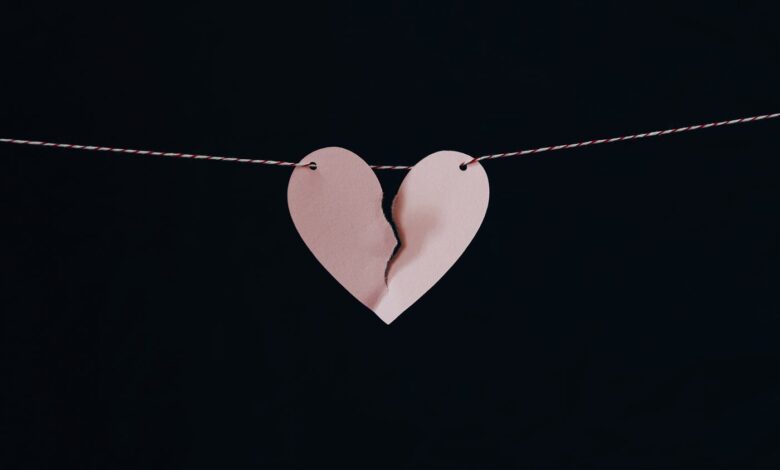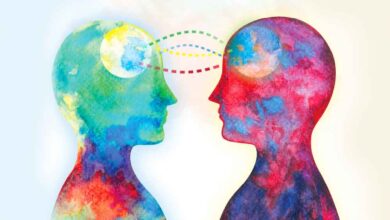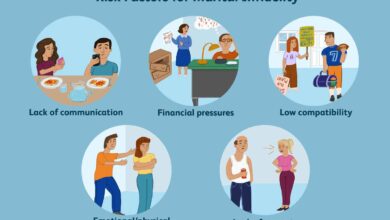The Psychology Behind Why We Chase People Who Don’t Love Us Back
Unrequited love: Why do we chase someone who doesn't love us back? Dive into the psychology behind this common yet perplexing behavior, exploring the thrill of the unattainable, idealized fantasies, and the search for validation. Discover how past traumas, self-esteem, and attachment issues can play a role, and learn valuable coping strategies for healing and moving on.


Unrequited love is a universal human experience that has left countless hearts longing for someone who does not reciprocate their feelings. The pursuit of someone who doesn’t love you back can be a perplexing and emotionally taxing journey. To understand this complex phenomenon, we delve into the psychology behind why we chase individuals who are not interested in a romantic relationship with us, exploring the underlying emotional and cognitive factors that contribute to this common behavior.
1. The Thrill of the Unattainable
One of the primary reasons we chase people who don’t love us back is the allure of the unattainable. The challenge of winning over someone who seems disinterested or elusive can trigger a sense of excitement and adventure. The pursuit itself becomes a compelling emotional rollercoaster, feeding our desire for novelty and unpredictability.
2. Romantic Fantasies and Idealization
Unrequited love often thrives on romantic fantasies and idealization. When the other person is unattainable, we may construct an idealized version of them in our minds, focusing on their positive traits and ignoring any flaws. This idealization can create an emotional attachment that feels intense and fulfilling, even if it is based on a one-sided perception.
3. Seeking Validation and Self-Worth
Chasing someone who doesn’t love us back might be driven by the need for validation and a boost in self-worth. When someone rejects our advances, we may internalize their lack of interest as a reflection of our inadequacies. Paradoxically, the pursuit of their love becomes a way to prove our desirability and value.
4. Fear of Loneliness and Abandonment
The fear of loneliness and abandonment can be potent motivators in pursuing unrequited love. Subconsciously, we may believe that being with this person, even if their feelings aren’t genuine, is better than being alone. The prospect of losing them completely may be more terrifying than enduring the pain of unreciprocated feelings.
5. Unresolved Past Traumas and Attachment Issues
Unresolved past traumas and attachment issues can significantly influence our romantic pursuits. If we have experienced rejection or emotional unavailability in our early relationships, we may unconsciously seek out similar dynamics in adulthood. This repetition compulsion drives us to chase unavailable partners, hoping to rewrite the narrative of our past.
6. Low Self-Esteem and Negative Beliefs
Individuals with low self-esteem and negative self-beliefs may be drawn to relationships where they feel unworthy of love. The unrequited love situation aligns with their internal narrative that they are undeserving of true affection. Consequently, they might unconsciously gravitate towards people who reinforce these negative self-perceptions.
Coping Strategies for Unrequited Love
- Acknowledgment and Acceptance: Recognize and accept that the other person’s feelings are beyond your control. Allow yourself to grieve the unrequited love, but don’t dwell on it indefinitely.
- Focus on Self-Care: Prioritize self-care and engage in activities that bring joy and fulfillment into your life. Cultivate self-compassion and work on building your self-esteem.
- Set Boundaries: Limit contact with the person you are chasing to create emotional distance. Continuing to pursue them relentlessly will only prolong your pain.
- Seek Support: Reach out to friends, family, or a therapist to talk about your feelings and gain perspective on the situation.
Conclusion
The psychology behind chasing someone who doesn’t love us back is a complex interplay of emotions, past experiences, and self-perception. Understanding these underlying factors can help us navigate unrequited love with greater self-awareness and emotional resilience. By focusing on personal growth, self-love, and building healthier relationships, we can move forward and find genuine connections that reciprocate the love we deserve.







